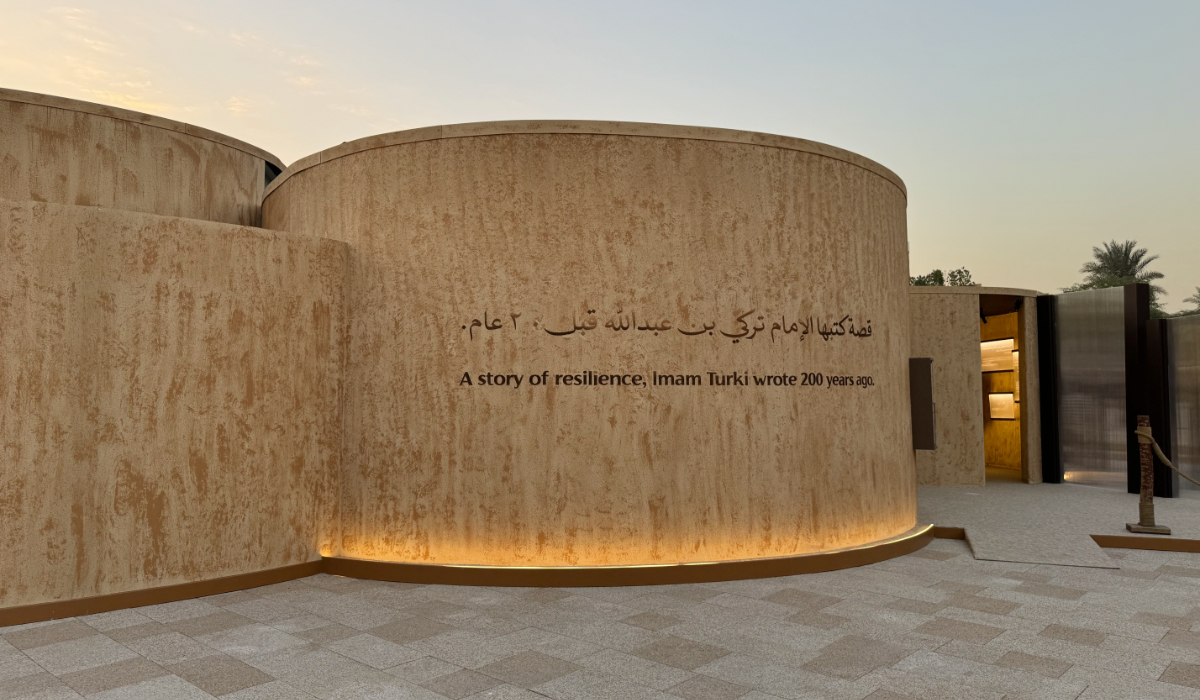A senior Yemeni official has put Iran and Iranian-backed Houthi militias on notice, revealing for the first time that Houthis have ruthlessly killed 1,372 children and 814 women since war broke out in Yemen in 2014.
Mohammed Askar, the Yemeni human rights minister, said: “Hundreds of children and women have been killed also from March to August this year.” The killings are being documented by the ministry in the form of a report to be released soon, he said.
Askar, while appreciating the support of Saudi Arabia and the Arab coalition, said: “The Kingdom and the UAE together have provided half of the humanitarian aid and assistance as per the target set by the UN for 2018.
“Saudi Arabia has also provided a $2 billion bank deposit to curb the collapse of Yemen’s national currency and to stimulate the economy,” said Askar, referring to the continuous humanitarian support extended by Riyadh.
In a toughly worded warning, Askar also lambasted the destabilizing behavior of Iran, noting the observation of a UN panel, which said that the Houthis are using “winning weapons including missiles and anti-tank guns smuggled from Iran.
“Iran has succeeded in turning the Houthis into a military tool that threatens international peace and security, especially in the navigational corridors of Yemen like Bab Al-Mandab and adjoining waters.”
Askar said: “Iran finds in the collapse of countries (like Yemen) an ideal opportunity to export its ideology of Khomeini revolution, and expand its regional influence.”
The Iran-Houthi nexus has led to the killings of more than 814 innocent Yemeni women since 2014 as well as 89 detainees, who died in the Houthi-run illegal prisons due to torture and even executions,” he added.
“Iran has poured funds and arms in a fervent bid to expand their hegemony in the region. The Iranian intransigence has kept the war raging, which has shattered the lives of Yemenis,” he said.
He pointed out that a large number of civilians, including women and children, have been arrested and kept in illegal detention centers by Houthis.
“This year alone until today, 12 detainees have been killed by Houthis in their prisons,” said the minister.
Asked about the systematic genocide committed by Houthi militants, Askar said: “The Houthis have transformed a large number of schools and hospitals into military barracks and prison houses.
“The Yemeni Ministry of Human Rights has documented 13,389 dead, including 1,372 children, since the Houthis declared war and stormed the capital Saana on Dec. 12, 2014, until February this year.”
He said the total number of arrests since the beginning of the coup exceeds 21,706. “The number of detainees, who are still in the prisons of the militias, exceeds 2,652; while a large number of men, women and children are either missing or languishing in secret prisons of the Houthi militants,” said the minister, putting a question mark on the fate of more than 17 journalists abducted and imprisoned by the Houthi militias.
The Houthis, he said, have also abducted 941 people since January. “While these numbers are documented by the Yemeni Ministry of Human Rights, undocumented cases will be much higher,” he noted.
On the question of UN intervention to secure the release of detainees, who are mostly Yemeni activists, academics, politicians, and journalists; Askar said that the UN Resolution 2216, which has mentioned the detainees, has called for their release. But the Houthis have not released them so far, he said, expressing his grave concerns.


































